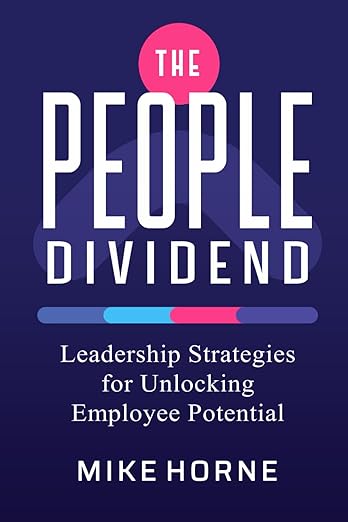Organization Development
Featured blog Articles Under
Organization Development

How HR Leadership Builds Rich Cultures of Mutual Regard With These Powerful Hacks
Unlock the "People Dividend" in your organization. Discover practical HR tools to build a workplace culture based on respect, empathy, and mutual regard to drive ROI.
Most Popular Blog Articles:
Organization Development
Most Recent Articles:
Organization Development

The People Dividend Podcast
Hosted by Mike Horne, The People Dividend Podcast features founders who share their insights on authentic leadership. Tune in to learn from successful journeys and apply their wisdom to your own path.

Integrity by Design: Working and Living Authentically
Integrity by Design: Working and Living Authentically" by Mike Horne provides a blueprint for authentic leadership and organizational change, emphasizing that prosperity begins with a life designed with integrity.
Stay Tuned!
By subscribing you agree to with our Privacy Policy and provide consent to receive updates from us.





.jpg)
.png)
